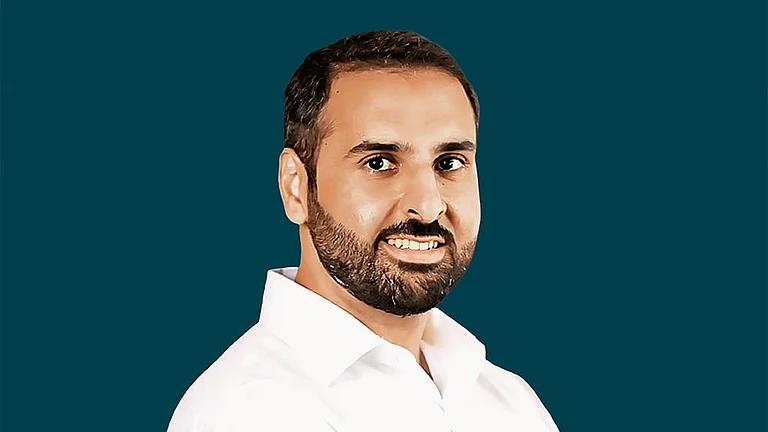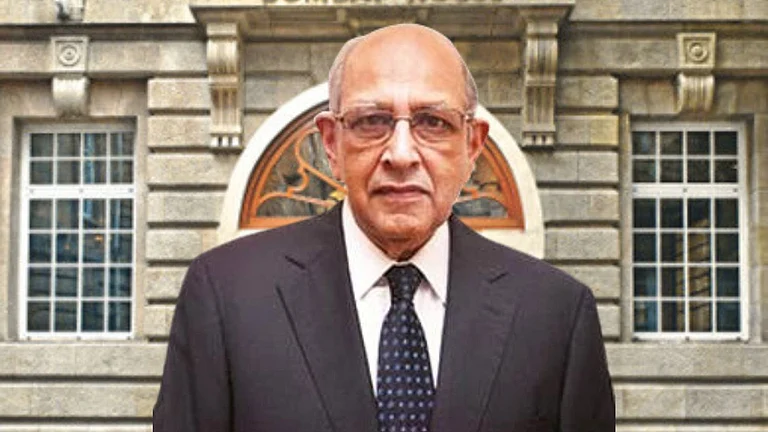Legendary industrialist Ratan Tata passed away on October 9, 2024, after being admitted to Mumbai’s Breach Candy Hospital. A prominent business tycoon and philanthropist, Tata’s success story not only helped expand the Tata Empire, but he became the “God” figure for the masses too. However, even after being at the pinnacle of success for ages and changing the lives of millions across the countries, his career was not devoid of some major fall-outs and crises.
Ratan Tata’s clash with the then PM VP Singh
After VP Singh came to power in 1989, there was a face-off with the government when JRD Tata wrote a strong letter to V P Singh about allegations of foreign exchange violations over Tata Zug. The tussle reached a point when Ratan Tata decided to step down from his position. However, Rajiv Gandhi intervened and convinced Ratan Tata not to take such drastic steps.
“The issue never really came to be proven because they couldn't find anything that we hadn't disclosed. I think that issue revolved more around Indian Hotels rather than the Tatas because Indian Hotels had a lot of foreign operations at that time. Anyway, after that things become hazy in my mind until 1991,” mentioned Ratan Tata, in one of his media interactions in the recent year.
2. Boardroom Battle in 1991
When Ratan Tata came back to India and became chairman of Tata Sons in 1990, he faced a corporate battle at the group headquarters, Bombay House. He discovered that veteran executives had been running "fiefdoms" under his predecessor.
Rustomji Homusji Mody became the chairman of TISCO after JRD Tata stepped down in 1984. Mody along with Darbari Seth of Tata Chemicals and Ajit Kerkar at Indian Hotels were the close associates of JRD Tata and had emerged as the powerful individuals within the Tata group.
When JRD Tata stepped down as the Chief of Tata Group and Ratan Tata joined as the Chairman, Mody opposed the changes. He even called the successors of JRD Tata “clowns”.
In a fierce boardroom battle, Ratan Tata had a heated argument with Mody and eventually, he took charge of Tata Steel. Tata Steel under Mody was failing to keep up with the changing business environment and keep up with the modern techniques needed to flourish the business.
To avoid any such clashes with veterans who had been tarnishing the brand image, in 1992, Tata introduced the retirement policy where the directors have to retire at the age of 75. In 1993, Russi Mody, who had been with Tata Steel for 53 years, had to retire. However, before his retirement, Mody promoted his adopted son Aditya Kashyap to deputy managing director without even the board’s approval. Ratan Tata soon disapproved of Kashyap's promotion. Both Mody and Kashyap eventually left Tata Steel.
3. “Nano” Dreams Got Shattered in Bengal for Mamata Banerjee
With an aim to manufacture the most affordable car “Nano”, Ratan Tata acquired land in Singur, West Bengal for setting up manufacturing units, from the then Chief Minister Buddhadeb Bhattacharya. However, the opposition leader Mamata Banerjee led a massive protest against the setting up of an automobile factory in Singur. Banerjee led the protest against the bid as the land allotted for the factory was the “fertile” cropland. However, the acquisition was completed, and work began on building the Nano plant.
Mamata even began a 26-day hunger strike to stop the factory work in Singur. The movement also gained the support of prominent environmental activists.
Frustrated by the escalating political protests, Ratan Tata decided to pull out his investments in Singur. Tata blamed Mamata Banerjee for putting an abrupt end to the project and gave the statement, “I think Ms Banerjee has pulled the trigger,” which forced him to make the “extremely painful” decision.
4. Another Boardroom Battle – Cyrus Mistry vs Tata
At the age of 79, Ratan Tata retired as Chairman of Tata Sons in December 2012. In 2012, Cyrus Mistry, 48, took over the charge, but the board soon lost confidence in him.
Cyrus Mistry was part of the Shapoorji Pallonji & Co. - the largest stakeholder of the Tata Group for three generations. However, there was a brewing discontent among Mistry and the Board. Finally, in October 2016, Cyrus Mistry was abruptly dismissed after a boardroom vote.
"Cyrus Mistry was replaced as the Chairman of Tata Sons after four years in that role on October 24, 2016, because the board of Tata Sons lost confidence in him and his ability to lead the Tata Group in future," Tata explained to shareholders of group firms.
Mistry was accused of passing off sensitive information about the Group to the Income Tax department and sharing public statements against the company and its board members to the press.
































